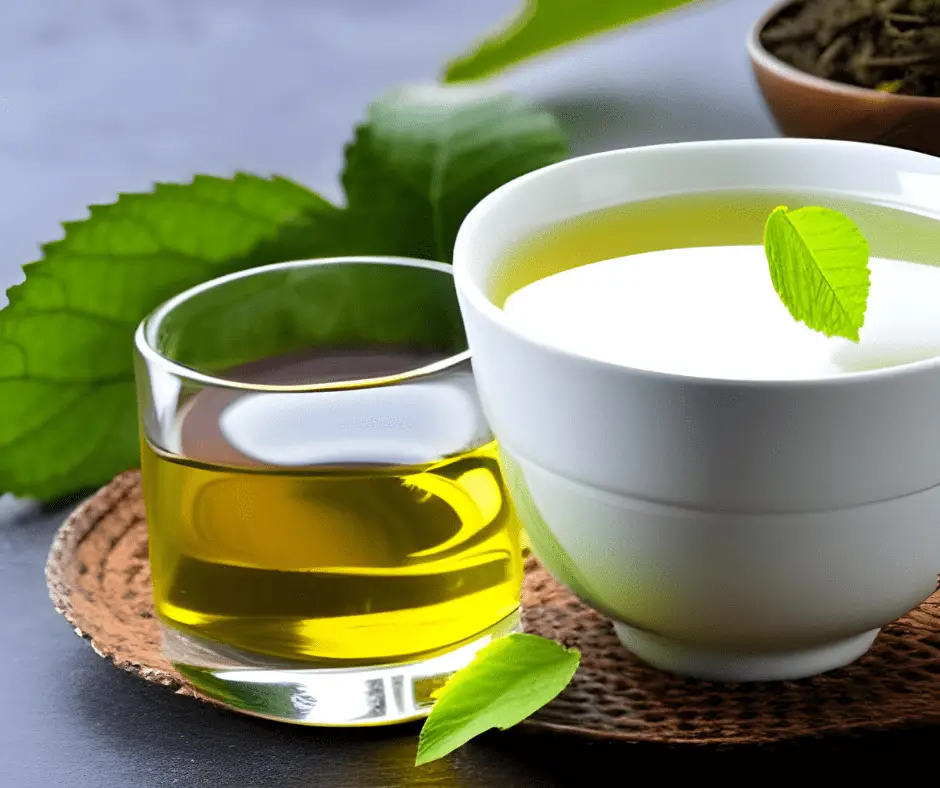
Broncolin Tea Benefits: Boost Your Health Naturally
Broncolin tea is an herbal tea that has gained popularity for its numerous health … Read more

Discovering the Health Benefits of Bojenmi Tea: Your Ultimate Guide to Weight Loss and Wellness
Bojenmi tea is a traditional Chinese herbal tea that has been gaining popularity in … Read more

Ginger Peach Turmeric Tea Benefits: A Comprehensive Guide
Are you looking for a delicious and healthy tea that can offer multiple health … Read more
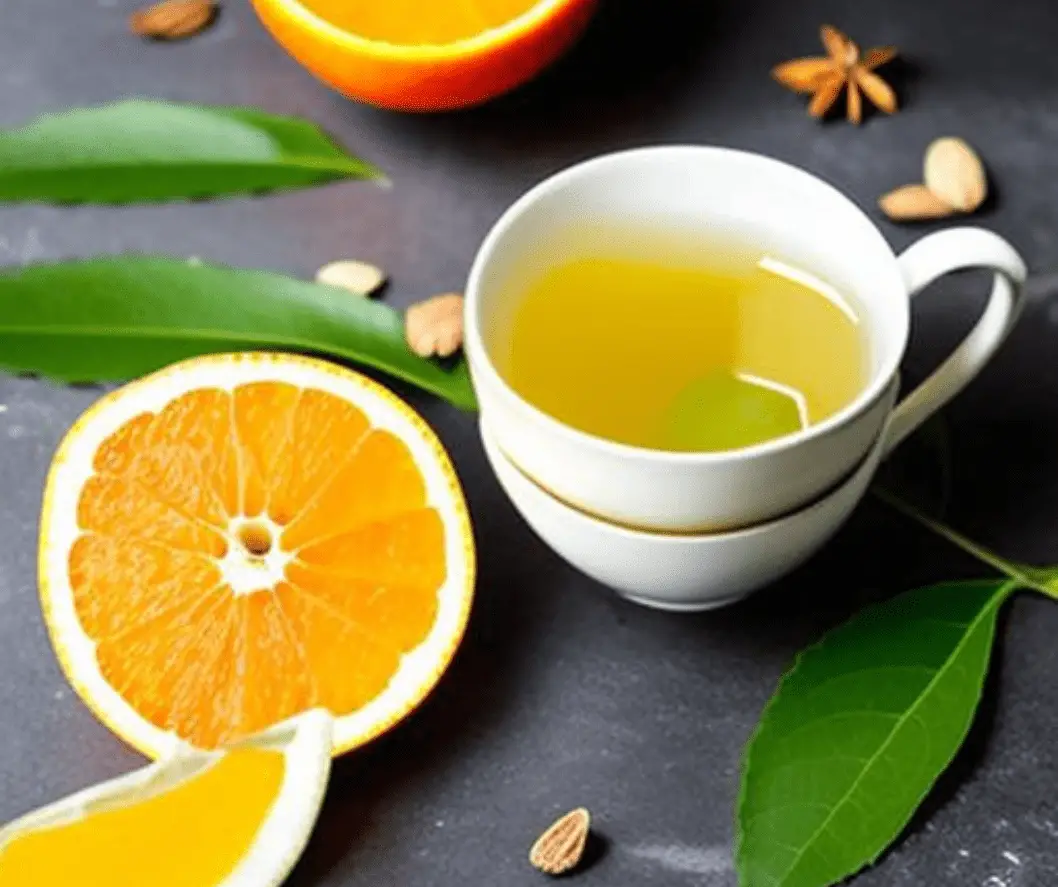
Orange Blossom Tea Benefits: A Refreshing and Healthy Drink
Orange blossom tea is a fragrant and refreshing beverage made by steeping the flowers … Read more

Chamomile Smoke: Harmful or Safe? Get the Facts on Smoking Chamomile
Smoking tea has gained popularity in recent times, with many individuals trying out different … Read more
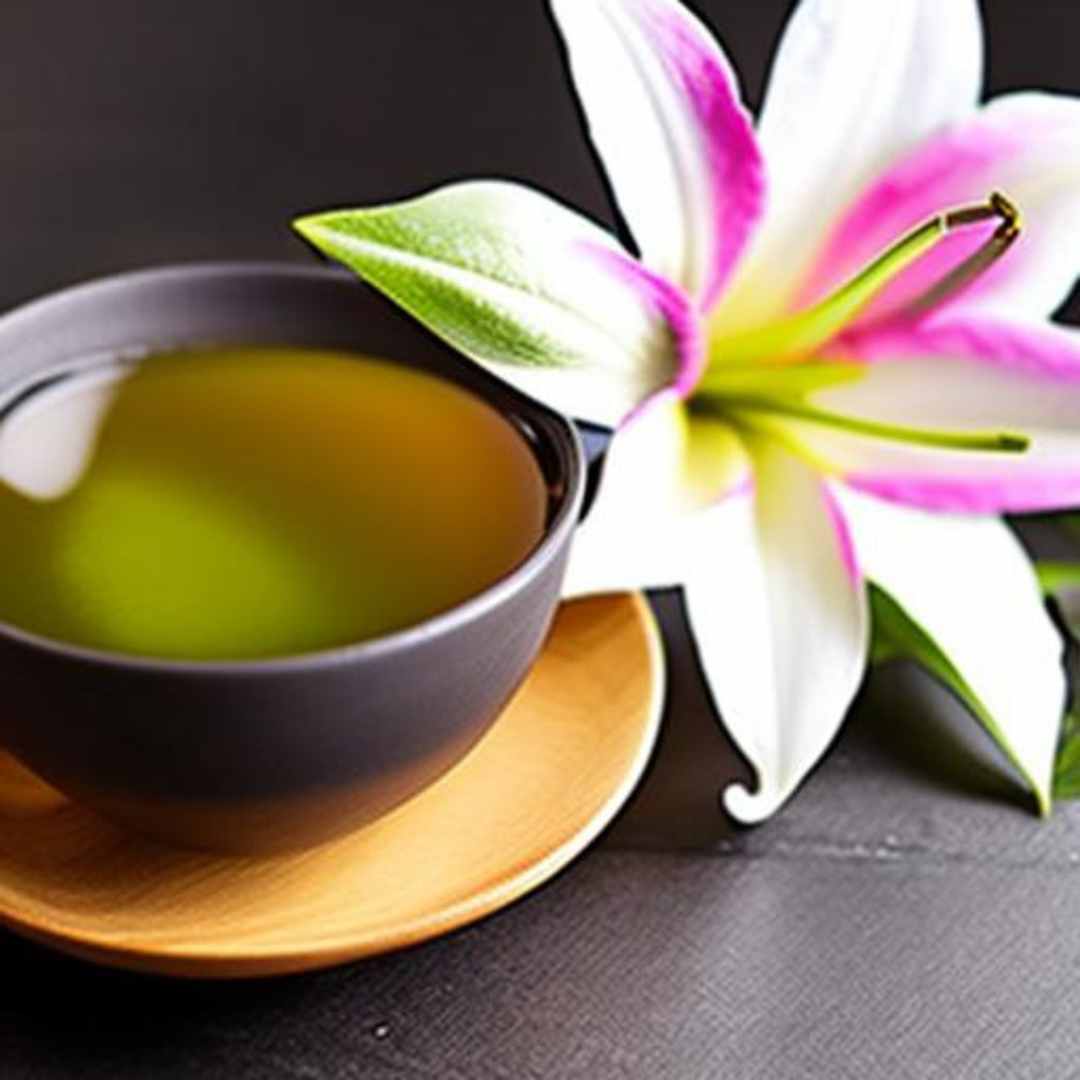
Lily Tea Benefits: Why You Should Add This Delicious Tea to Your Daily Routine
Tea has been a staple beverage for centuries and is consumed all over the … Read more
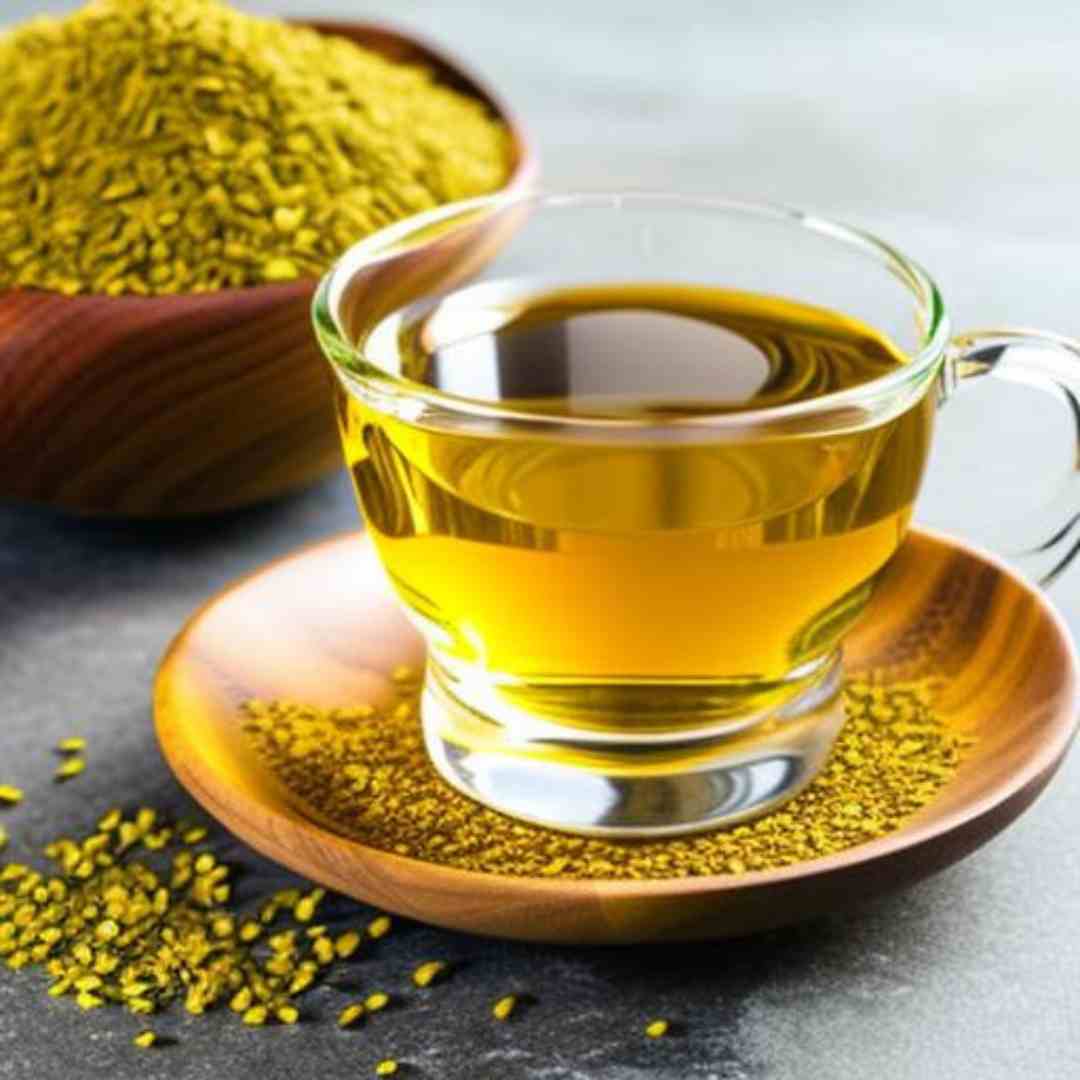
Transform Your Health with the Amazing Benefits of Cassia Seed Tea
Cassia seed tea is an herbal tea made from the seeds of the Cassia … Read more

The Health Benefits of Kinkeliba Tea: A Natural Way to Boost Your Wellness
Tea is one of the most popular beverages around the world, and its consumption … Read more
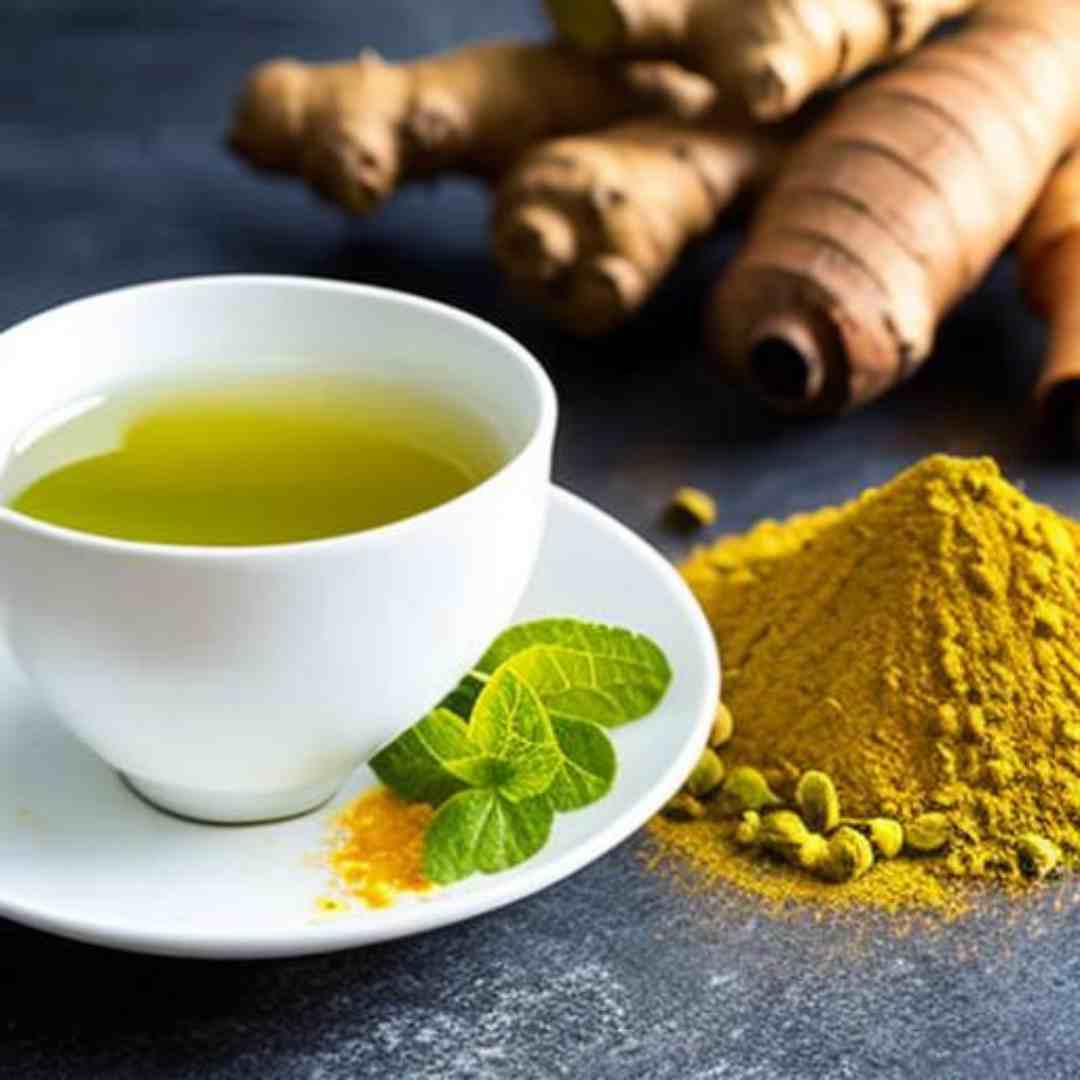
Ginger Moringa Turmeric Tea – A Powerful Blend for Optimal Health
Ginger, moringa, and turmeric are three powerful herbs that have been used for centuries … Read more
Receive the latest articles in your inbox
Insert your email signup form below